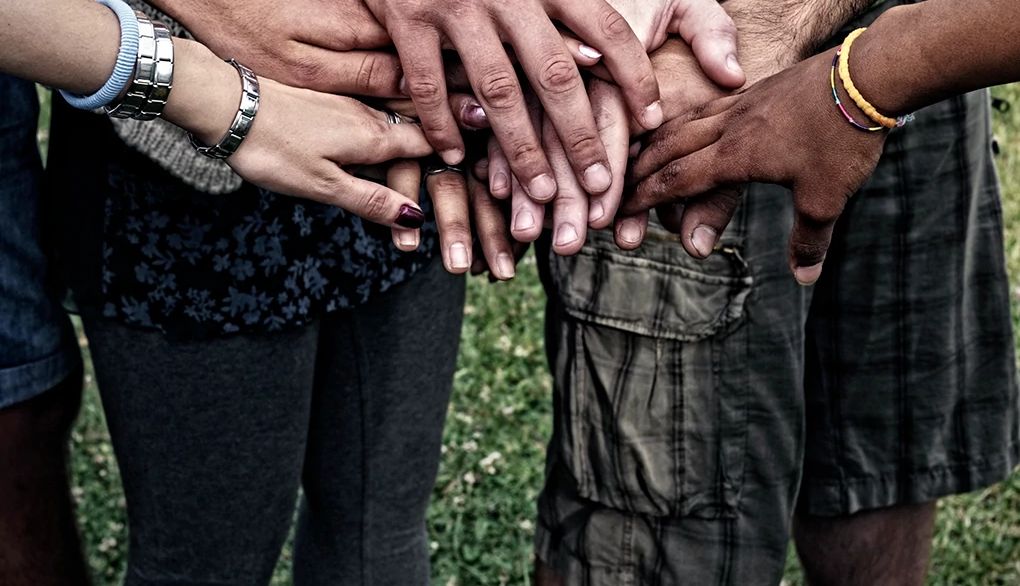Challenges


- Volunteering may help the brain by decreasing stress levels, depression and anxiety, and boosting your overall satisfaction with life.
- Studies have shown that volunteering may improve brain function and could be particularly beneficial to women.
It makes you happy, helps reduce your stress and just plain feels good. But volunteering has another big thing going for it: It can offer brain benefits.
“Volunteering has been shown to decrease stress levels, depression, anxiety and boost your satisfaction with life,” says Susan Albers, a psychologist for Cleveland Clinic. Just how does earmarking some time each week to work on a cause you care about — from feeding the homeless to cleaning up local beaches to fostering a shelter animal — provide so many potential benefits for your grey matter? Taking the focus off yourself by lending a hand activates the reward center in your brain and releases serotonin, dopamine and endorphins, Albers explains. Those three are known as the feel-good hormones.
Volunteering also appears to benefit certain brain functions. A study reported in 2023 by researchers at UC Davis looked at the volunteering habits of nearly 2,500 older adults with an average age of 74. Forty-three percent of participants reported volunteering in the past year. Volunteering was associated with better baseline scores on tests of executive function, the higher-level cognitive skills that help you set and carry out goals, and episodic memory, the ability to form, store and recall memories of specific past events along with contextual details associated with those events (i.e., where you parked your car this morning or what you had for dinner last night). Those who volunteered several times a week had the highest levels of executive function.
The researchers concluded that volunteering later in life may help to protect the brain against cognitive decline and dementia.











More From Staying Sharp
The Power of Places for Remembering Names
Mental images can make the memory stick
12 Ways to Avoid Loneliness
U.S. surgeon general offers advice and a call to action
Social Ties and a Healthier Brain
Explore the link between social relationships and cognitive well-being in older adults